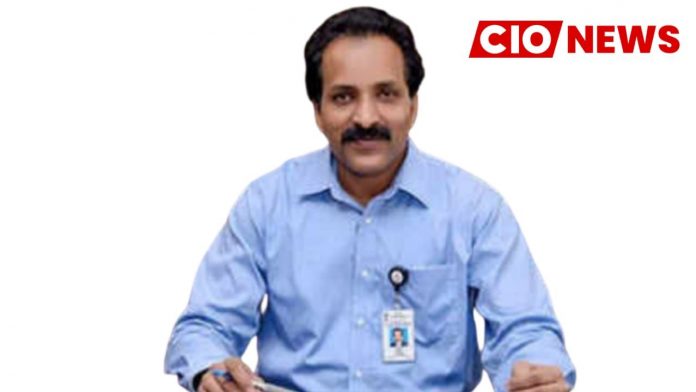From TKM College of Engineering, the rocket scientist earned his B. Tech in mechanical engineering and a Masters in aerospace engineering from the Indian Institute of Science (IISc) with a gold medal, where he specialised in structures, dynamics and control
S Somanath, a senior rocket scientist has been appointed as the tenth chairman of the Indian Space Research Organisation (ISRO) and secretary, department of space (DoS). He will replace K Sivan, who will complete his term, which included a one-year extension, on 14 January.
The senior rocket scientist, who at present is serving as director, Vikram Sarabhai Space Centre (VSSC), told TOI: “The most important responsibility is to create a space enterprise in India where all the stakeholders, including DoS, Isro, IN-SPACe, industry and start-ups are all part of the efforts to expand the space programme on a bigger scale. This is the primary responsibility”.
He had a two-and-a-half-year stint as director, Liquid Propulsion Systems Centre (LPSC) before becoming VSSC director. Among other things, the senior rocket scientist is credited with “energising development activities of the high thrust semi-cryogenic engine, conceiving a fast track hardware realisation and test programme, development of throttle able engines for the lander of Chandrayaan-2 and successful flight of an electric propulsion system in GSAT-9”.
“Another objective is to align the overall space programme with the vision the government has put forth where DoS has to really become an enabler to cause the expansion of space enterprise in India. This will be done through appropriate legislation, framework and guidelines that have to be put in place”, the senior rocket scientist told TOI.
From TKM College of Engineering, the rocket scientist earned his B. Tech in mechanical engineering and a Masters in aerospace engineering from the Indian Institute of Science (IISc) with a gold medal, where he specialised in structures, dynamics and control.
The rocket scientist, in 1985 joined VSSC and was a team leader for integration of PSLV during the early phases. He handled areas of mechanisms, pyro systems, integration and satellite launch service management as a PSLV project manager.
The rocket scientist joined the GSLV MkIII Project during 2003 and was the deputy project director responsible for overall design of the vehicle, mission design, structural design and integration before becoming the project director of GSLV Mk-III from June 2010 to 201r, according to ISRO records. Under his leadership, the first experimental flight of the CARE mission was successfully accomplished on 18 December 2014.
“He is an expert in the area of system engineering of launch vehicles. His contributions in PSLV and GSLV Mkll were in their overall architecture, propulsion stages design, structural and structural dynamics designs separation systems, vehicle integration and integration procedures development”, VSSC’s description of Somanath reads.
The rocket scientist has also led the LPSC team to complete the development and qualification of CE20 cryogenic engine and the C25 stage and was successfully flown in GSLV Mkll-D1 flight. “He also played a key role in three successful missions of GSLV with indigenous cryogenic stages and eleven successful missions of PSLV with the liquid stages realised by LPSC. Fifteen successful satellite missions were also accomplished with the propulsion systems supplied from LPSC”, the description reads.
Also read: CIO News interviews Shri Wangki Lowang, Minister (IT) of Arunachal Pradesh
Do Follow: CIO News LinkedIn Account | CIO News Facebook | CIO News Youtube | CIO News Twitter
About us:
CIO News, a proprietary of Mercadeo, produces award-winning content and resources for IT leaders across any industry through print articles and recorded video interviews on topics in the technology sector such as Digital Transformation, Artificial Intelligence (AI), Machine Learning (ML), Cloud, Robotics, Cyber-security, Data, Analytics, SOC, SASE, among other technology topic






